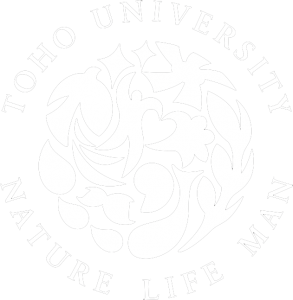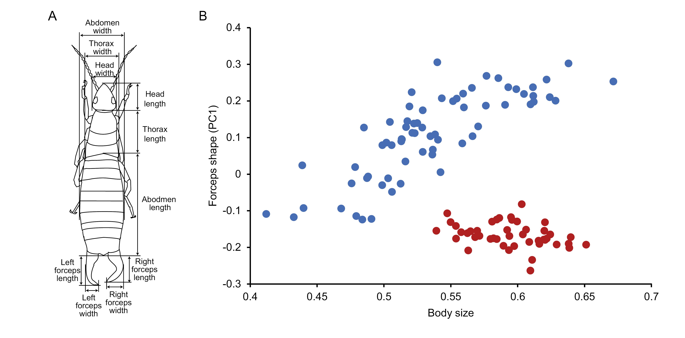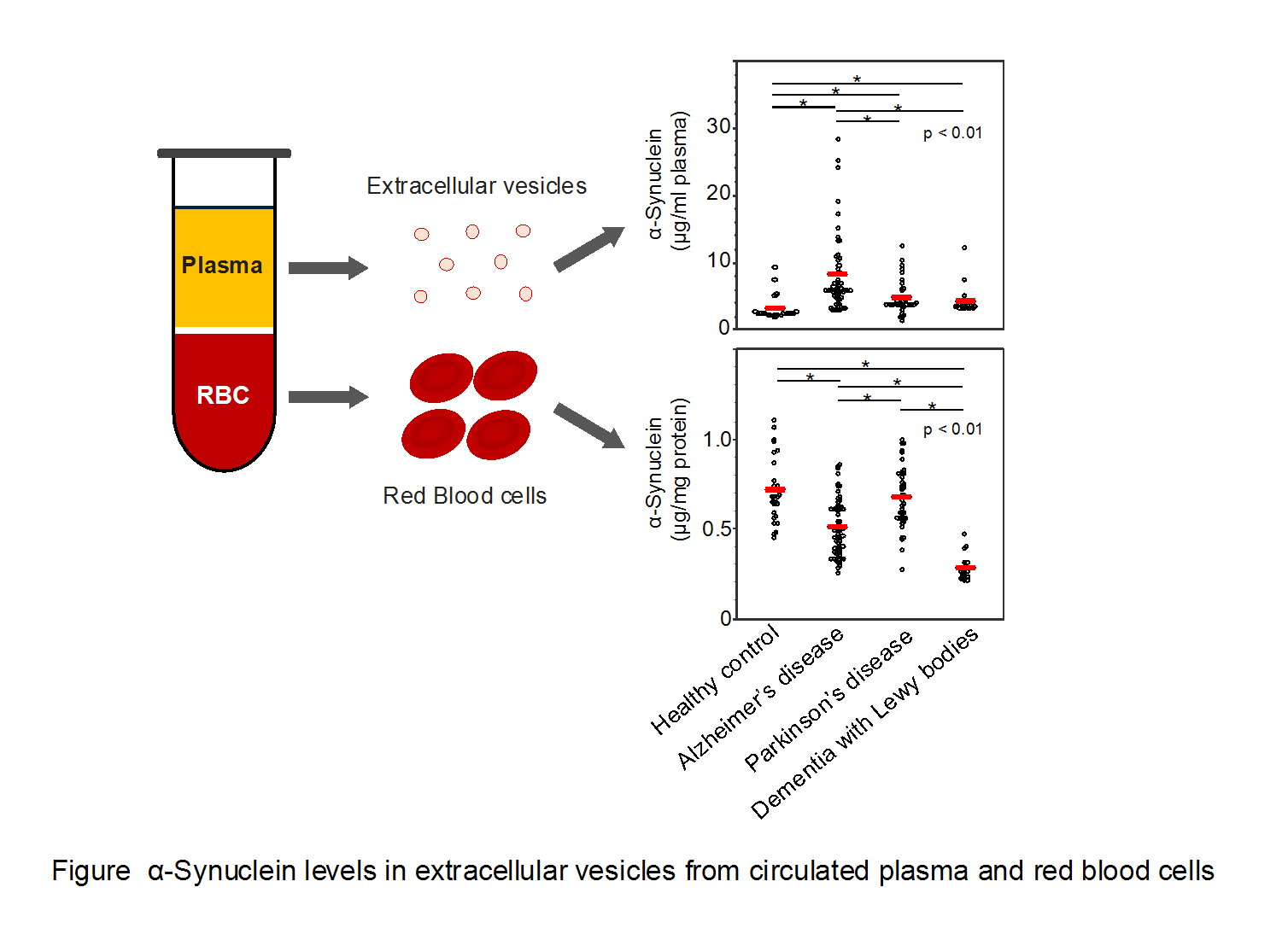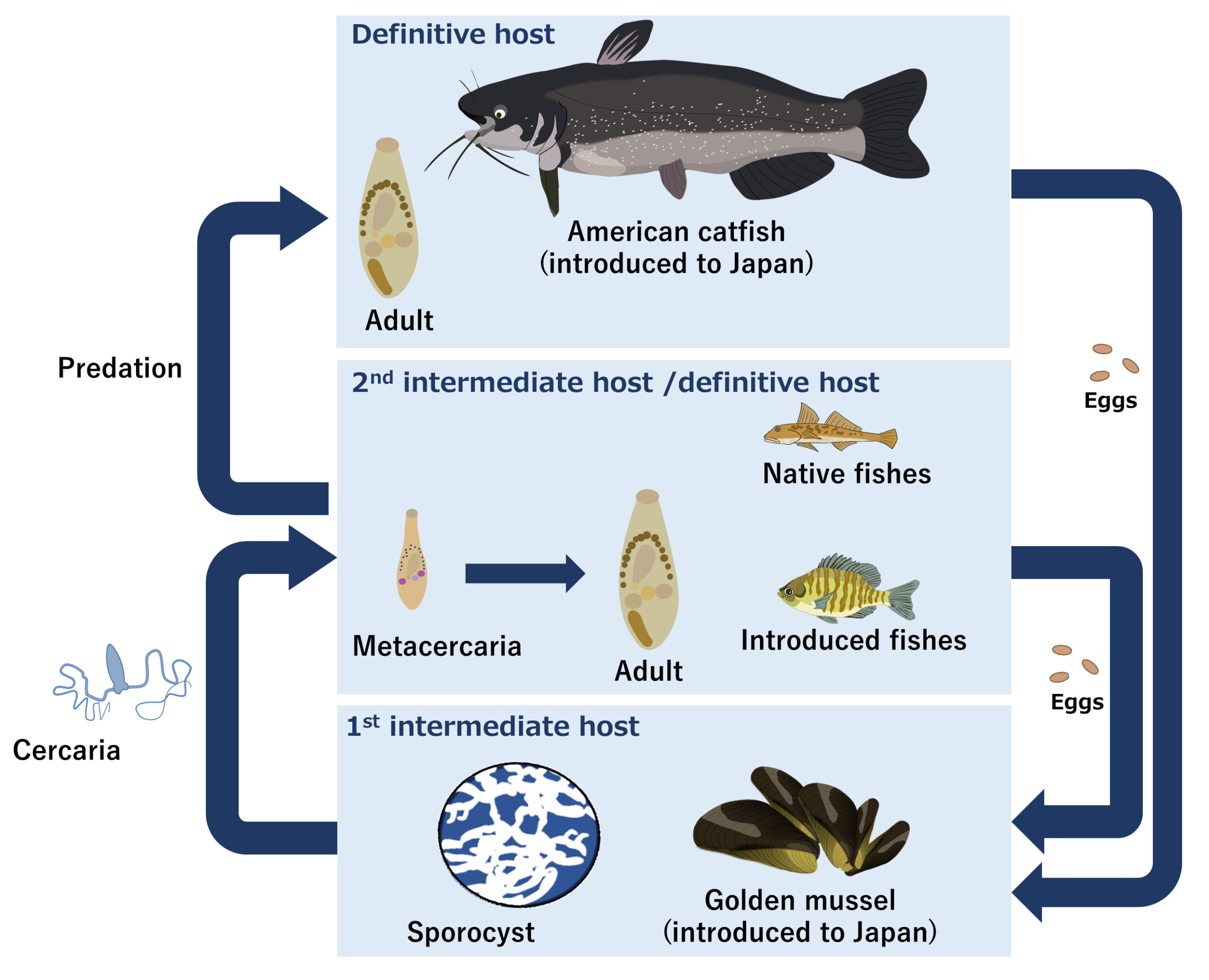March 2, 2021
Earth’s oxygen-rich atmosphere will probably last for approximately 1 billion years

Dr. Kazumi Ozaki, Assistant Professor at the Department of Environmental Science, Faculty of Science, Toho University, and Japan-U.S. research team from Georgia Institute of Technology have revealed that the future lifespan of Earth’s oxygen-rich atmosphere is approximately one billion years.
Key Points
The team revealed that the Earth’s surface environment will gradually become less oxygenated as a consequence of future solar evolution.
The oxygen concentration in the atmosphere is predicted to decrease significantly after approximately one billion years, making it difficult for oxygen-breathing multicellular organisms to survive.
This is the first clarification that the current highly-oxygenated environment will not be maintained permanently, and it raises an important issue for the search for life beyond our solar system.
Kazumi Ozaki, Assistant Professor at the Department of Environmental Science, Faculty of Science, Toho University, and Japan-U.S. research team from Georgia Institute of Technology have revealed that the future lifespan of Earth’s oxygen-rich atmosphere is approximately one billion years.



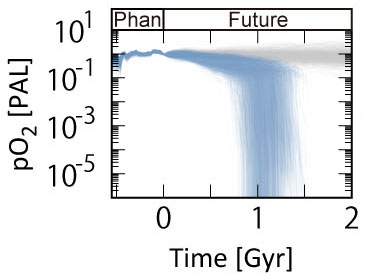

Evolution of atmospheric oxygen levels (blue lines) obtained from this study. Gray lines denote results obtained by running the same model ensemble with constant solar luminosity for the future evolution. Phan = Phanerozoic.
READ MORE RESEARCH NEWS - SCIENCE
Undergraduate Programs
– Medicine
– Pharmaceutical Sciences
– Science
– Nursing
– Health Science
Graduate Programs
–Medicine
–Pharmaceutical Sciences
–Science
–Nursing
RESEARCH
– News
– Guidelines & Policies
– Support Offices
– Facilities
– Security Export Control
Non-Degree Programs
– Clinical Elective Program
– International Physician Observership Program
